Nobuo Fujita: The only Japanese pilot to bomb mainland America during WWII
- By 1945
Share This Article

Forgiveness after a time of war can be a difficult thing. The story of Nobuo Fujita is a perfect example of how the past needs to be left behind if healing is to ever occur.
Fujita was a 31-year-old warrant flight officer who was ordered in early September 1942 to conduct a bombing mission over the forests of western Oregon. Fujita – who was conscripted into the Imperial Japanese Navy in 1932 and began flight training a year later – earned the dubious distinction of being the only Japanese pilot to bomb the continental United States during the Second World War. At the time, he believed he was honorably serving his nation – and more importantly, Emperor Hirohito – by firebombing the forest near the town of Brookings.
Flying a floatplane launched from the long-range submarine aircraft carrier I-25, the pilot dropped a pair of incendiary bombs. Due to the damp conditions, the attack caused little damage. Neither bomb touched off the massive fire Fujita and his superiors had hoped for. Fujita successfully returned from what he had believed might be a one-way suicide mission. He spent the rest of the war training other pilots, and when the hostilities ended, he returned to his civilian life.
That could have been the end of what was really a footnote in the history of the Pacific War. But in the early 1960s, Fujita was invited to visit the small coastal community he had bombed, Brookings, which sits near the California border.
A goodwill gesture
It may seem strange that the town invited the pilot for a visit in 1962, just 20 years after the incident had occurred. Some believed it was a goodwill gesture, but not everyone was on board. A full-page editorial in The Brookings-Harbor Pilot, the hometown newspaper, argued that Fujita should not be an honored guest. More than 100 residents signed the letter, which used a derogatory term for the Japanese to describe Fujita.
After much discussion, it was eventually decided that the former adversary would receive the official invitation.
The move actually earned the respect of then-President John F. Kennedy, who congratulated the town for its efforts to promote international friendship. The trip was formally arranged after the Japanese government was assured that Fujita would not be arrested or tried as a war criminal.
Related: Cpl. Henry Warner fought off a German tank with his pistol
The sword of Fujita
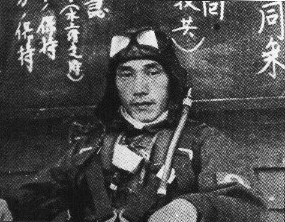
Fujita arrived in the town with a rather unique possession. It was a centuries-old katana – the type of sword carried by samurai warriors – that had been entrusted with him during the war. The sword had been passed down in the family for generations, and it was actually in the cockpit of Fujita’s plane back in September 1942. He subsequently took it on every flight.
According to The New York Times, the former pilot had planned to use the sword to commit seppuku – ritual suicide – had he received a hostile reception. Instead, the town treated Fujita with respect and affection, and in a gesture of goodwill, he donated the sword – a prized family heirloom – to the people of Brookings.
“This is the finest way of closing this story,” he said as he presented the sword to Mayor C. Fell Campbell. “It is the samurai tradition to pledge peace and friendship by presenting a sword to a former enemy.”
After that moment, Fujita was seen only as a friend. Over the next three decades, he visited the town several times, donated books about international relations to the community, and despite financial hardships still hosted a visit to Japan by a group of Brookings high school students.
In 1992, he planted a tree at the bomb site as a further gesture of peace.
Just days before his death on Sept. 20, 1997, at a hospital in Tsuchiura, Ibaraki Prefecture, Fujita was made an honorary citizen of Brookings. Some of his ashes were even buried at the bomb site, proof that Oregon was not his former target – it had become his second home.
This article by Peter Suciu was originally published by 19FortyFive.com.
Read more from Sandboxx News
- Last WWII Medal of Honor recipient, Hershel ‘Woody’ Williams, passes away at 98
- Flag Day and history made in Iwo Jima
- Army increasing awareness of maritime domain in Indo-Pacific
- Giant seaplanes may make a return as great-power competition in the Pacific heats up
- A-20: The forgotten bomber that wreaked “Havoc” in WWII
Related Posts
Sandboxx News Merch
-

‘AirPower’ Classic Hoodie
$46.00 – $48.00 Select options This product has multiple variants. The options may be chosen on the product page -

‘Sandboxx News’ Trucker Cap
$27.00 Select options This product has multiple variants. The options may be chosen on the product page -

‘Sandboxx News’ Dad Hat
$27.00 Select options This product has multiple variants. The options may be chosen on the product page
1945
Related to: Military History
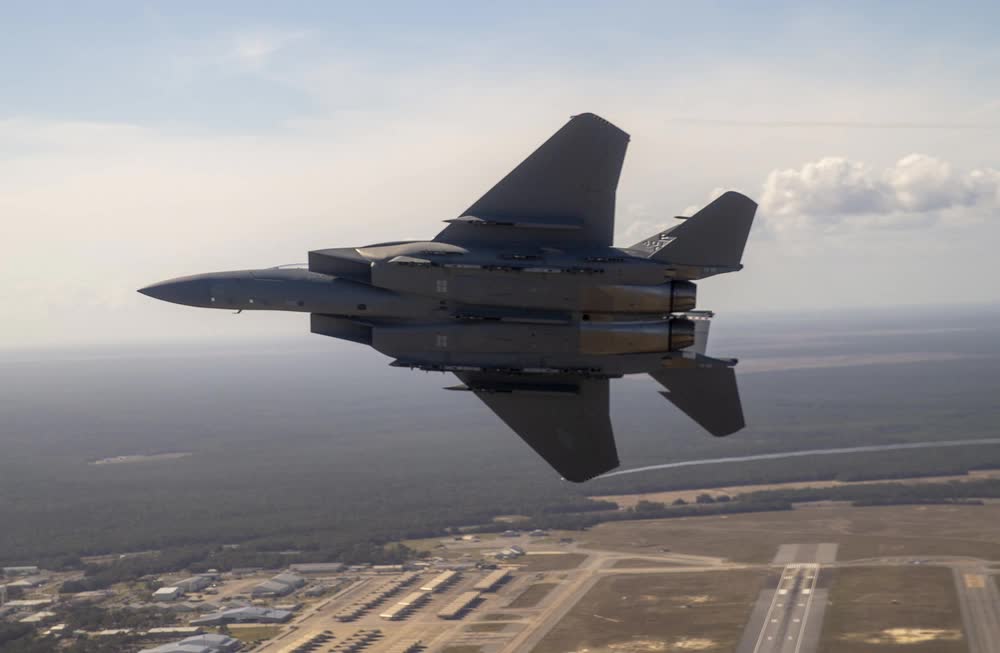
Video: The wild plans to use the F-15EX in the early days of a war
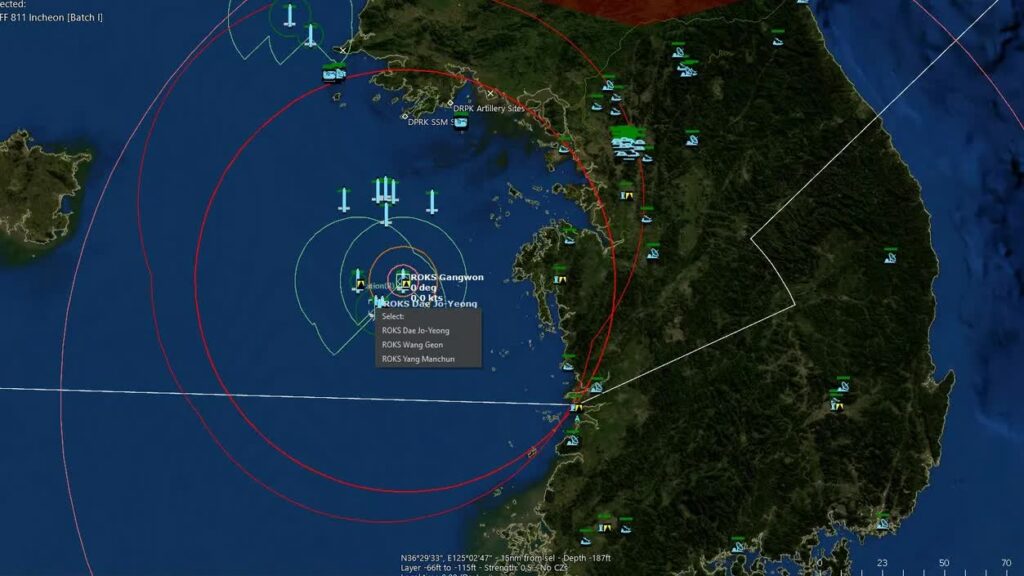
The Air Force is letting troops play a video game to prepare for global conflict
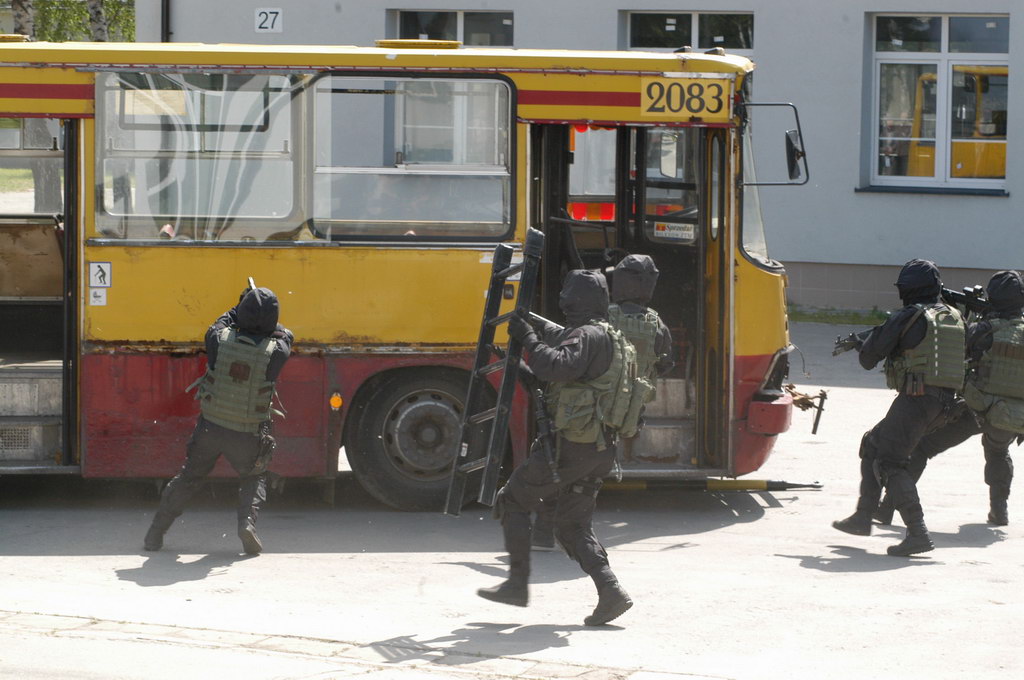
Delta Force escapades with Poland’s elite GROM special operations unit
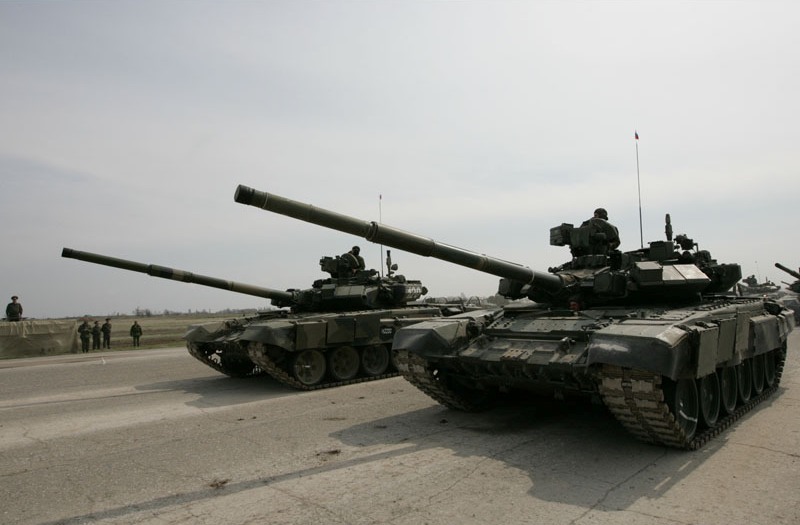
Ukraine is facing serious problems in the east, where Russia’s forces are grinding forward
Sandboxx News
-

‘Sandboxx News’ Trucker Cap
$27.00 Select options This product has multiple variants. The options may be chosen on the product page -

‘AirPower’ Classic Hoodie
$46.00 – $48.00 Select options This product has multiple variants. The options may be chosen on the product page -

‘AirPower’ Golf Rope Hat
$31.00 Select options This product has multiple variants. The options may be chosen on the product page -

‘Sandboxx News’ Dad Hat
$27.00 Select options This product has multiple variants. The options may be chosen on the product page
